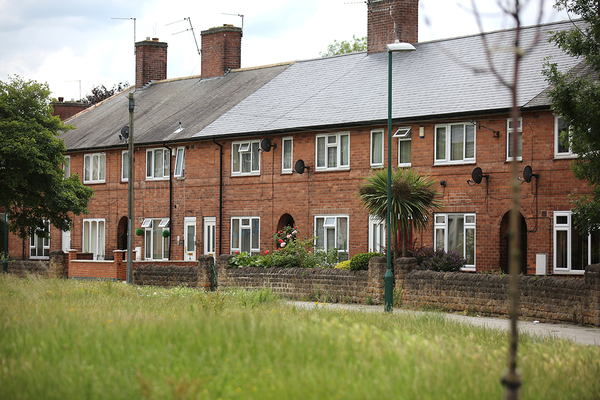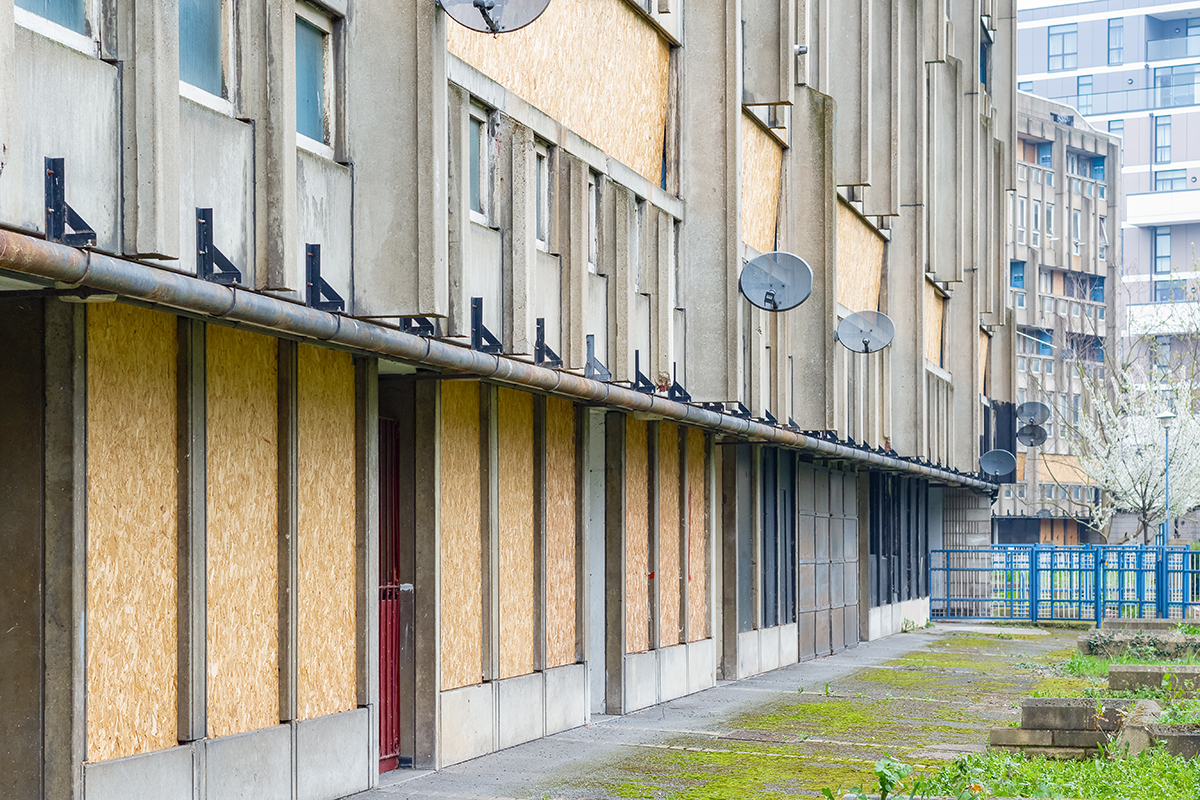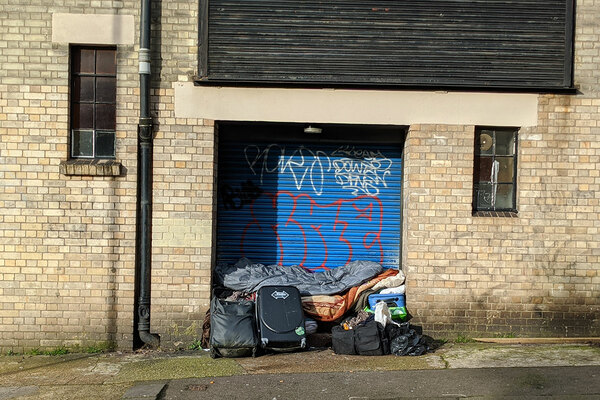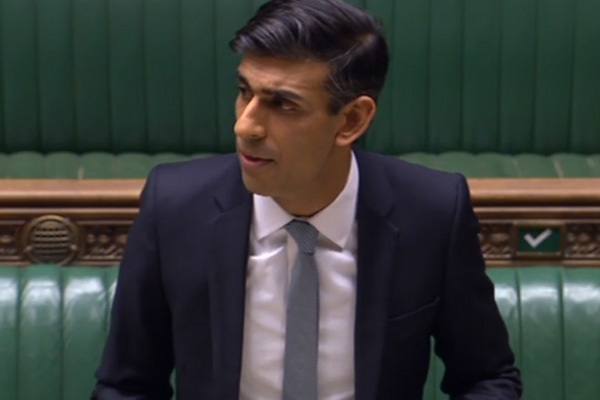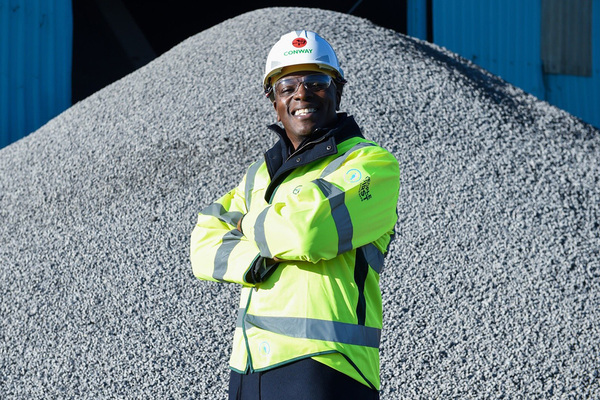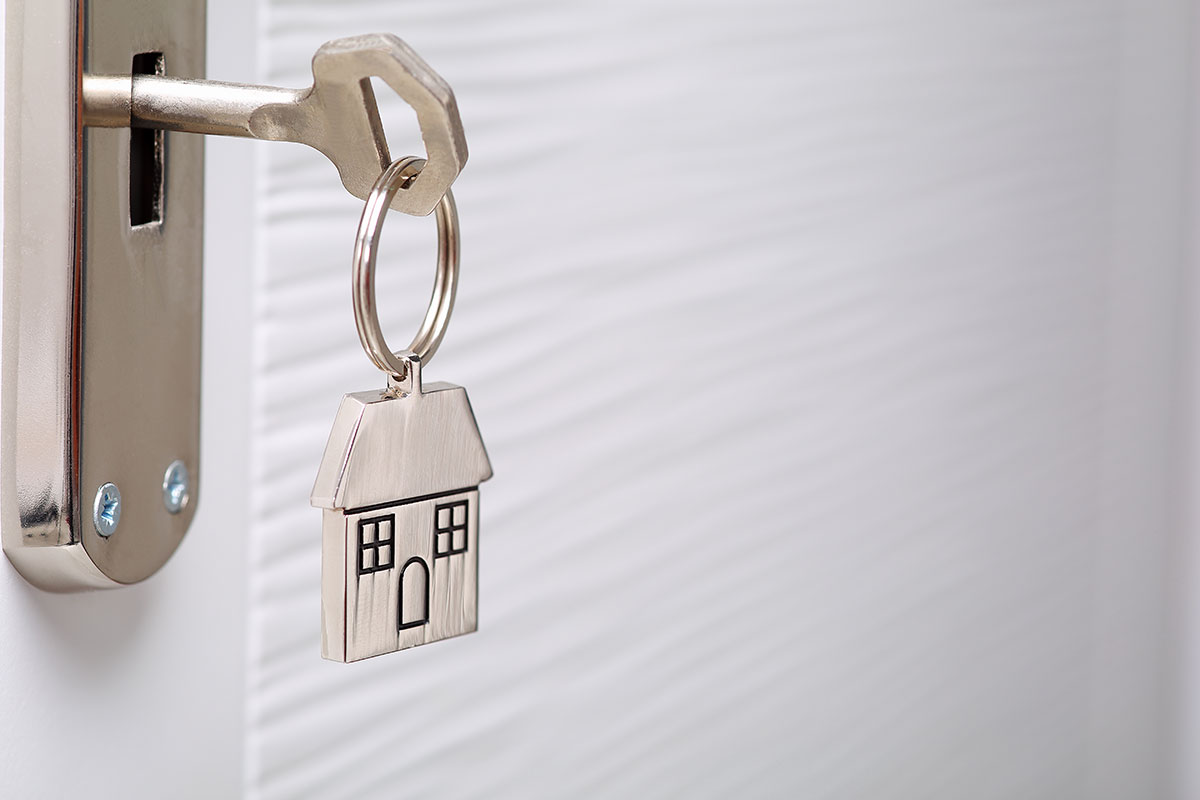You are viewing 1 of your 1 free articles

The homelessness crisis means we simply cannot accept a lack of investment in social housing
The past few months have emphasised the importance of social homes. We must ensure more are provided as the country recovers, writes Rebecca Browes
The past few months have reinforced the importance of home for all of us. Having a safe haven to retreat to – a place where we can protect and preserve our health – shouldn’t be a luxury, it should be a right.
Looking ahead, the predicted increase in people being pushed into or at risk of homelessness means social housing will play a crucial role in the country’s recovery from the pandemic. It should be at the heart of efforts to ‘Build Back Better’.
Through my work as a housing coach at Crisis, I’ve seen first-hand the remarkable difference that social housing makes to people’s lives – it can be nothing short of life-changing to go from living on the streets, sofa-surfing for months on end or being stuck in unsuitable temporary accommodation to having somewhere affordable and secure to call home
Across South Yorkshire, we’re lucky that there is a reasonable supply of social housing available to those who need it, but as in many other parts of the country, there simply isn’t enough. Even where homes are available, there are barriers preventing many from being able to access them.
I grew up in a social home, so I know first-hand about the stability and security it provides. It was amazing to be able to move in and decorate my bedroom, knowing it would be mine forever. I believe that all children should have secure homes. It’s such a shame that isn’t the case.
Social housing is like the ‘golden ticket’ in some respects – it’s one of the main ways people experiencing homelessness can leave it behind for good. It’s low-cost, making it easier for people to find somewhere to live and be able to meet the cost of rent; and it’s a safety net that affords people the security of their own home.
Having a safe and secure home makes a massive difference to our clients lives. They tell us that social housing often feels more like a home, because of the support, security and the affordability that comes with it.
I recently worked with a man in his 60s to help him secure and move into a social home. He’d been sleeping rough for 10 months. Before that, he had been sofa surfing, relying on the kindness of friends and strangers, for almost 10 years. He’d struggled to find somewhere to live because of rent arrears he built up from a previous tenancy many years ago. We worked with him to clear those arrears and advocated on his behalf with the council to help him get on to the housing register.
He’s been in his home for almost six months now and is doing well and is really happy. It’s made a huge difference to him.
Former rent arrears are one of the biggest barriers people face when trying to access social housing. I’ve seen incidences where clients have left a former tenancy for various reasons, such as a breakdown in their mental health. But unless they end that tenancy correctly, they are still liable for the rent and often build up arrears without knowing it. If they then go to their local council needing housing support, sometimes years later, the council can refuse to help them because of the arrears – which comes as a big shock to them.
In such cases, my team will try to advocate on their behalf. We’ll work with them to set a repayment plan and ask the council again, once they’ve cleared some of those arrears.
“Without advice agencies such as Crisis, people often feel powerless – they’re often left with little option other than being forced into homelessness”
It’s always a bit of a challenge, but without advice agencies such as Crisis, people often feel powerless – they’re often left with little option other than being forced into homelessness.
By working with local authorities, we’ve started to see positive changes to allocation policies that are removing those barriers. But we need to see that happening across the country.
Throughout the pandemic, the allocations system at local councils froze, leaving many people stuck in unsuitable, crowded accommodation. I was working with several people who’d just been given priority on the housing register by the council, so they could bid on a social home. But lockdown meant they were stuck in hostels, which was incredibly frustrating.
Things are starting to reopen, but there’s a huge backlog as councils try to balance moving people on from the emergency accommodation into more permanent homes. That’s a brilliant effort to see, but it doesn’t negate the fact that, simply put, if there were more affordable homes, we wouldn’t have people stuck in temporary accommodation and shared settings or forced to sleep rough.
Crisis is working with other organisations as part of the Homes at the Heart campaign, which is calling for social housing to be at the heart of the country’s recovery from the coronavirus outbreak.
“Homelessness will continue to be part of our society unless we invest in social housing”
We urgently need to see the government invest in social housing, setting a target for social housebuilding that meets the need of people across the country. This would ensure that local authorities have the housing they need to help everyone who needs it, rather than relying on expensive temporary accommodation.
Housing is one of the main ways of tackling homelessness. Homelessness will continue to be part of our society unless we invest in social housing, to ensure that everyone has access to a settled, affordable home. We simply cannot accept that.
Rebecca Browes, housing coach, South Yorkshire, Crisis
